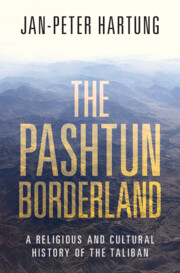From 1999 to 2004, communal violence between Christians and Muslims broke out in the Moluccas of northeastern Indonesia, resulting in tens of thousands of deaths and injuries, and displacing hundreds of thousands of others. Unlike previous studies and analyses that give much attention to the political economy of the conflict, the dynamics of national politics, and the role of security forces – particularly the army and the police – and non-Moluccas Muslim jihadists and combatants in initiating and orchestrating the violence, this article mainly focuses on the contributions of religion, especially Islam, the dynamics of the Moluccas' local history and politics, and the role of Ambonese or Moluccan Muslim social actors and jihadists during the carnage. Focusing mainly on Maluku province, this article discusses how the local militant religious leaders framed the violence, recruited, and mobilized the masses in the combat zone, and how the local ordinary Muslim fighters portrayed – and became involved in – the wars, used religious narratives, discourses, symbols, and teachings to give theological legitimacy to the battle, and transformed their everyday experiences through the fighting. Lastly, it examines factors that contributed to the militancy and radicalism of those involved in the violence and investigates a process of radicalization of various Muslim groupings in the Moluccas that could provide a rationale for the eruption of the interreligious violence.


